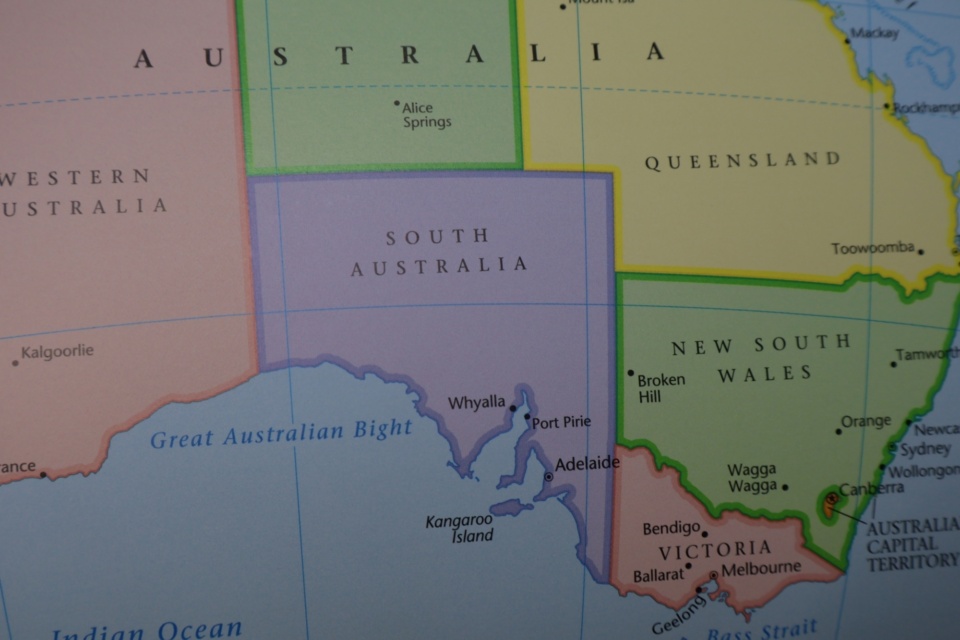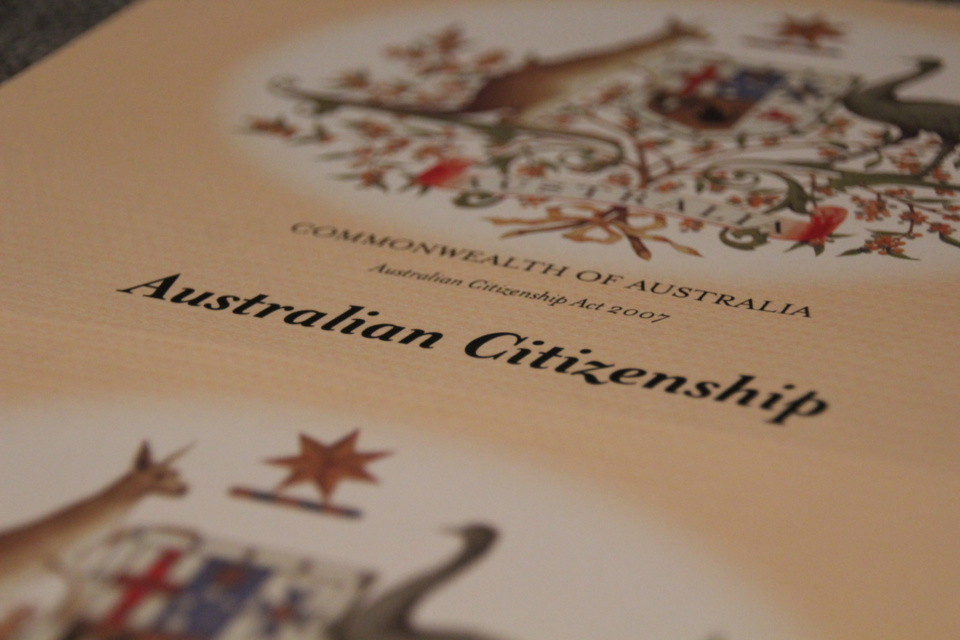
For community groups, federation is an eight-part headache
Posted on 03 Dec 2025
If you wanted an example of the problems inherent in federal systems, you couldn’t do better than…
Posted on 01 Dec 2023
By Denis Moriarty

The Productivity Commission's draft report on philanthropy takes a deep dive into charities, but what about not-for-profits, asks Our Community managing director Denis Moriarty.
The Productivity Commission's draft report on Australian philanthropy, just released, is a valuable contribution to the rationalisation of the Australian volunteer sector, but it still shrinks from a genuine back-to-basics approach and accepts unquestioningly many of the meaningless historical relics that clutter the system.
I expect that Our Community will comment further on particular recommendations at a later date, but general principles have already emerged from the interim findings.
For starters, the report accepts most of the legal glitches that plague the sector as eternal verities.
Most obviously, the report notes that Australian charities make up only some 10% of the not-for-profit sector, and then goes on to give that charitable fraction 90% of the space in the report, frequently speaking as if charities were all that mattered.
This approach is undoubtably influenced by the fact that charities come within the federal government’s regulatory powers while the greater number of incorporated associations – and the still greater number of unincorporated associations – do not, but it is nonetheless a colossal blind spot.
The prime example of this blindness, of course, is the very name of the Australian Charities and Not-for-Profits Commission – which deals solely with charities and leaves all other not-for-profits to the states.

The Productivity Commission’s report goes into considerable detail about ways to make the definition of charities more in concert with the tax provisions of deductible gift recipient (DGR) status.
Our Community believes that Australia’s government should cut to the chase and abolish the category of charity altogether, leaving the nation free to adjust tax incentives among not-for-profit organisations to maximise the public good.
The current situation of having a concept of charity that does not map on to legal status, or tax law, or common sense, or any single philosophy, is an irredeemable and unnecessary source of confusion.
More research is needed. Indeed, the numbers used by the Productivity Commission are themselves an expression of lack of interest in the concept of evidence.
In calculating how many NFPs there are in Australia, for instance, the Productivity Commission's 2023 report refers back to the Commission's own 2010 report on the contribution of the not-for-profit sector, which “estimated” there were about 600,000 not-for-profits in Australia in 2008–09. Figures from the ACNC this year note there are about 60,000 registered charities.
But the word “estimated” is perhaps too generous.
The 2010 report in fact took a single study (Lyons and Hocking 2000) which “extrapolated the results of a survey of associations in a single New South Wales local government area” to reach an estimate of 520,000 not-for-profits of all types in 1995.
In 2010, the Commission adjusted this remarkably loose estimate to reflect general population growth. If the 1995 guess was updated by current population figures it would be not 600,000 but 760,000 – but there must be a limit to how high speculation can be piled on speculation, and one of the real needs of the sector is for newer and better particulars.
Of particular interest to Our Community is the absence of any reference in this latest report to our support for the creation of a Centre for Community Service Effectiveness.
The Productivity Commission should have been sympathetic to such a proposition, because it’s what the Commission itself suggested in its own 2010 report. The government should understand its importance, because Charities Minister Andrew Leigh has just set up a (very small) similar body to review all Australian government sector activities.
Such a centre for the volunteer sector would gather and disseminate NFP evaluations, to provide guidance on impact evaluation and to support analysis of the effectiveness of non-commercial services.
In short, it might help us to learn from our mistakes.
"The current situation of having a concept of charity that does not map on to legal status, or tax law, or common sense, or any single philosophy, is an irredeemable and unnecessary source of confusion."
Unfortunately, both the government and the sector that accepts its grants have powerful incentives to conceal mistakes. But this sector needs to be prepared (and allowed) to take risks – to do new things that it isn't sure will work. It has to be able to experiment, and to learn from experience where the hazards are and where the consensus is mistaken.
The philanthropic sector should be the powerhouse of progressive reform, and it’s not too late for the Productivity Commission to make some significant adjustments to this report.
I have some faith that this might happen, given the appointment of a practical and visionary leader to the Productivity Commission in its new chair, Danielle Wood.
One of her first tasks should be to shake things up at the Commission, to end its procession of rambling and mediocre tomes, and to instead build on the legacy she built at the Grattan Institute.
We're proud to take a stand on progressive issues. Here's a taste of our commentary.

Posted on 03 Dec 2025
If you wanted an example of the problems inherent in federal systems, you couldn’t do better than…

Posted on 19 Nov 2025
When it comes to loyalty to car brands, it can be confusing who we should support, and, even more…

Posted on 05 Nov 2025
Before the Prime Minister gets too excited about his recent meeting with the American President, he…

Posted on 14 Oct 2025
The idea of "long term" is not something that sits well in the social media era, yet governments…

Posted on 30 Sep 2025
I am proud of what Our Community, and its exceptional team, have achieved in the past 25 years. As…

Posted on 16 Sep 2025
Happy Australian Citizenship Day! To mark the occasion, Our Community leader Denis Moriarty takes…

Posted on 02 Sep 2025
Words live, evolve, and sometimes die. Some words are invented from scratch, some are old words…

Posted on 26 Aug 2025
The cost of the National Disability Insurance Scheme (NDIS) is climbing relentlessly – $44 billion…

Posted on 04 Aug 2025
The new leader of the Liberal Party, Sussan Ley, wants to increase the proportion of women…

Posted on 08 Jul 2025
The United States wants Australia to spend more on its armed forces. That’s the way nations talk…

Posted on 26 May 2025
When it comes to citizenship, Australians want to have their cake and eat it too, writes group…

Posted on 19 May 2025
The lack of judicial partisanship in Australia compared to the United States is something to be…